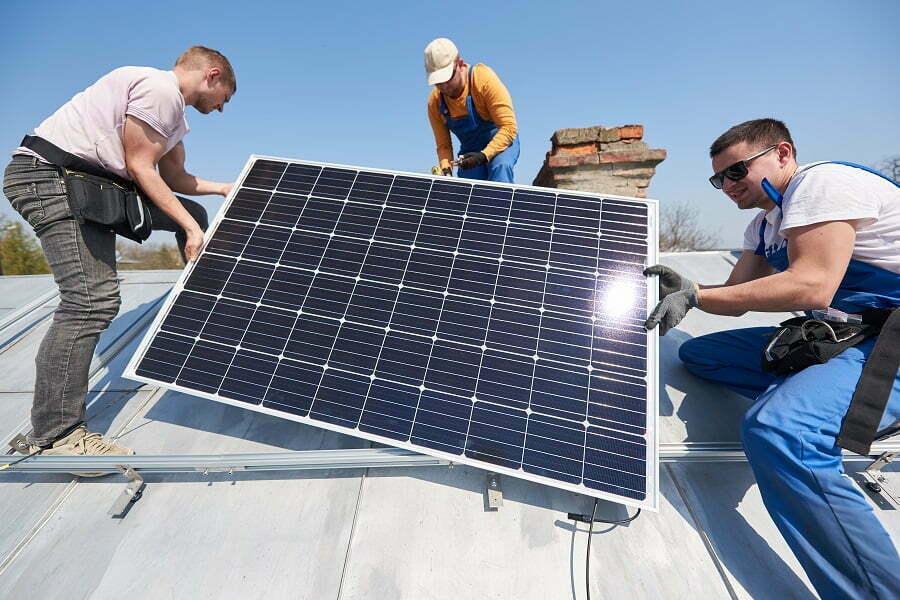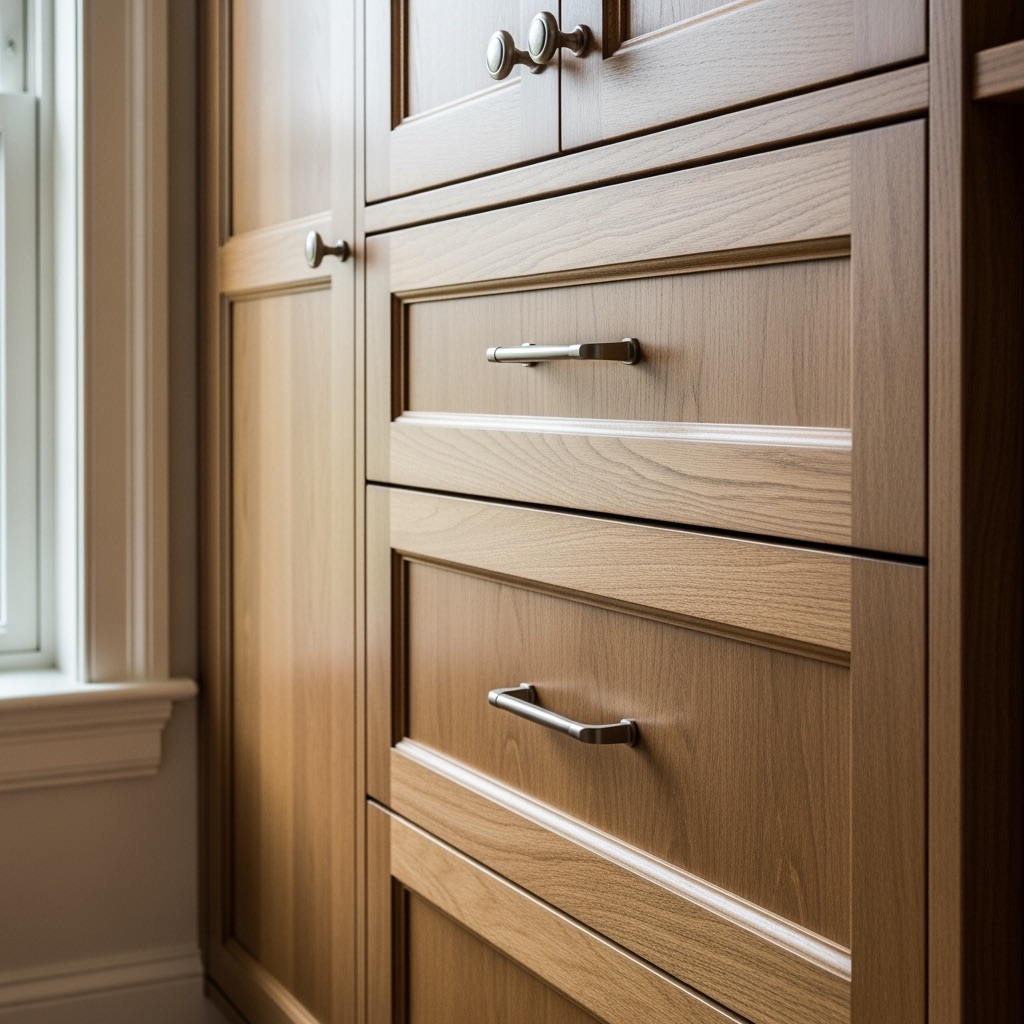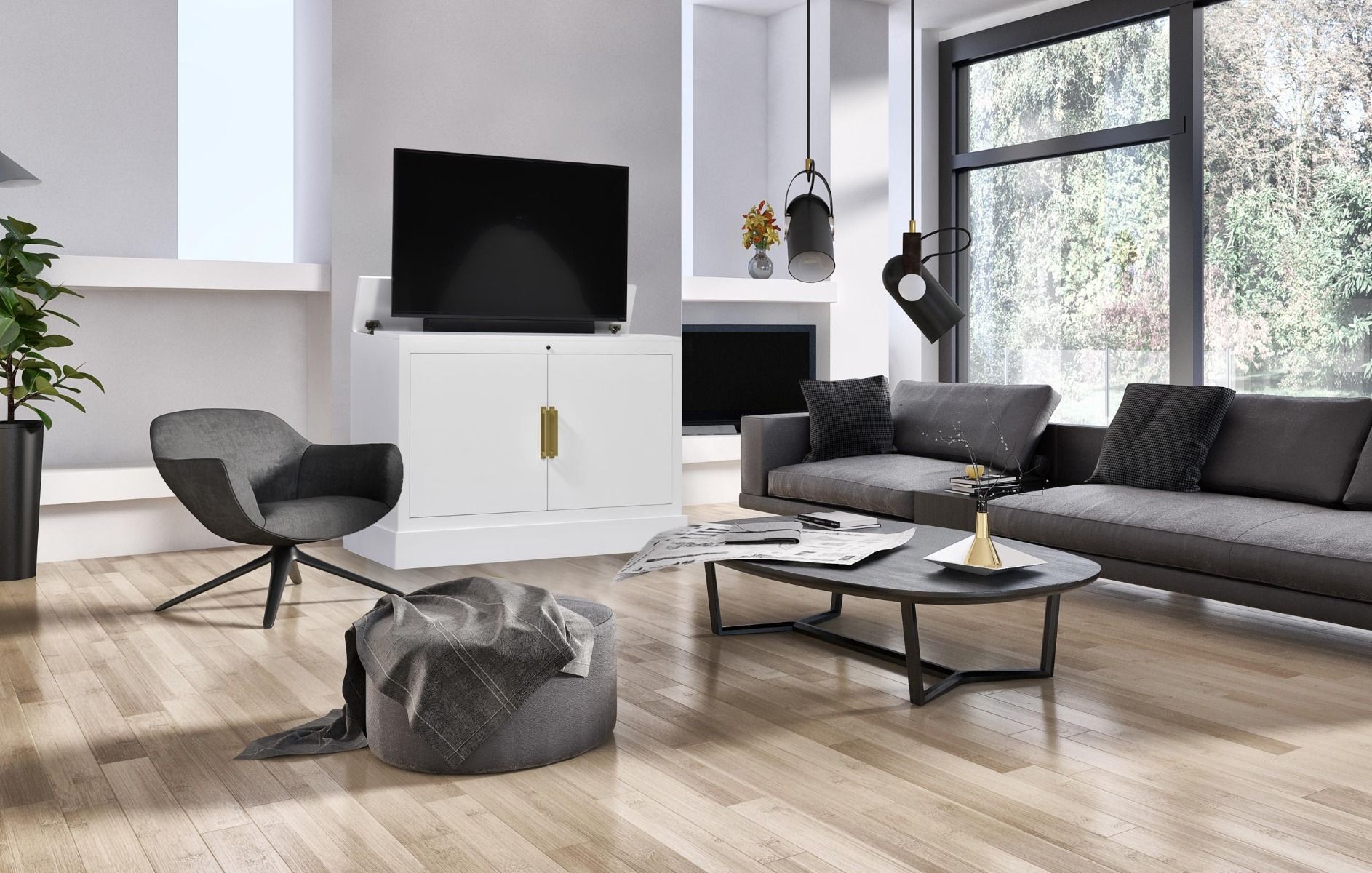Last updated on
Investing in solar panels for your home pays off in the long run. Here are the reasons why you should invest in them and how much you can save. Read on!
A growing number of people in the US and the rest of the world are investing in solar energy. The world is constantly changing, and more people are seeking cleaner energy solutions.
The cost of installing and maintaining solar panels is not exactly cheap, and this has prevented some people from going solar.
Therefore, is it really worth it? Does the value provided by a solar system cover its high cost? Why go solar?
Here are some reasons:
- Low energy bills: Because of the free and limitless source of energy used for solar panels, which is the sun, a huge part of your home’s energy generation would come from solar. This means that you do not have to worry about large utility bills, which will certainly cut costs for you. The best part is that the energy is never wasted, but can be stored in the grid and reused when there is low energy.
- Increased property value: Instead of considering the huge initial cost of purchasing the solar rooftop system, why not look at it as a future investment for your property? In addition to having little to no utility bills, solar panels will give your home value a good boost. A study done in California by the National Renewable Energy Laboratory, saw that homes with solar panels sold 20% faster.
- Helping the planet: Asides from the financial benefits of using solar energy, this is a way you can help curb the climactic destruction that has been caused by burning fossil fuels. A solar panel will save you from purchasing carbon-emitting energy from the grid. Annually, you could eliminate 3-4 tons of carbon emissions, which is the same thing as planting a hundred trees. Truly, not all heroes wear capes!
What Are the Start-up Costs to Install a Solar Panel System?

A complete commercial solar panel installation of panels, batteries, and inverter would cost anywhere from $12,000 to $20,000 for a 5 KW PV system. The exact cost will depend on the type of panel chosen, and the size.
What is a Solar Tax Credit and How Can It Help You?
Despite its undeniable benefits, the high cost does serve as a hindrance most times. Luckily, a lot of state governments have put in place a lot of incentives to enable more people to purchase solar systems without spending much money at once.
The investment tax credit is one of such incentives. This scheme has been in place since 2006, and it currently lets people minimize 26.0% of the cost of their solar systems from their federal tax incomes. This is available for both residential and commercial systems.
This system has given homeowners and businesses a means to partake in this energy sustainability scheme, and according to research, it has produced a 10,000% increase in the U.S solar industry.
What Is the ROI for Solar Panels?
As soon as all your money for your solar panel investment is back, you start reaping the profits maximally and realize that solar panels save money.
To calculate the ROI on your solar panels, calculate your regular expenses on electricity in the absence of solar, say $2500. Next, calculate the amount of getting the solar system, say $20,000. Dividing this cost by the benefit will give you the ROI. In this case;
ROI = $20000/$2500 = 8 years.
How Much Does the Average Owner Save?
When considering long-term investments, solar panels are definitely worth it. The amount of money an average owner saves by using solar panels is dependent on a number of factors, but most importantly on the amount spent on local electricity bills by the owner.
To find out how much money is saved annually, determine the total amount spent on electricity annually (Keep in mind that electricity bills increase annually while doing this calculation). Then calculate your current utility rate. From the difference, you can tell the amount of money that using solar panels for homes will save you in the long run.
If you are now convinced and would love to invest in solar panels, then you need an expert solar contractor to help you with this. Choosing the right solar company could be the most challenging part of the process. And it is essential to evaluate an installer thoroughly, to find the right one for your needs.
Recap



